Farm diversification in LDN
Planting many crop varieties in a single field, incorporating livestock, poultry, aquaculture, or diversified farming is the most common approach practiced in the municipality of Poona Piagapo, Lanao Del Norte. Farmers and fishers diversify their farm activities to increase yields from crops, poultry, livestock, vegetable, and fish combinations. This approach on a large scale mode will need a number of people with the required skills to work together, especially during harvesting. Thus, the method also generates employment for farmworkers and earns their livelihood from the daily or monthly wages distributed by the land owner.
Seventy (70) farm workers employed on various crops, livestock, and poultry farms in barangays Poblacion and Pendulonan organized as Poona Piagapo Farmer’s Association (PPFA) in February 2020, with the hope that they could avail agricultural or fisheries livelihood projects from government agencies. Their plan is to raise chickens alongside vegetable crops and get income through their by-products such as eggs, meat, and vegetables.
Growing up with farming as their roots, it has been inculcated in their minds that mixed farming is economically viable and profitable, and environmentally friendly. The only problem is that they don’t own a piece of land to cultivate.
Integration of poultry with vegetable production
In 2020, the group was selected as the beneficiary of the Department of Agriculture – Special Area for Agricultural Development (DA-SAAD) Program. Under the Integrated Agricultural Livelihood Project of FY 2019, they received a package of 4,800 head of ready-to-lay chicken, chicken cage, egg trays, chicken feeds, vegetable seeds (ampalaya, okra, squash, string beans, and eggplant), inorganic fertilizer, hand rake, flat hand shovel, hand gloves, knapsack sprayer, water drum, and plastic seedling trays.
Prior to the distribution, they were provided with training on vegetable, egg, and chicken production.
Also, Mr. Naim Tanggote, son of Poona Piagapo Mayor Hadja Muslima Macol, allowed the group to cultivate the idle portion of his land for economic activities.
Poultry Production
Prior to the distribution of 4,800 ready-to-lay chickens in February 2020, the group built its poultry house as a counterpart for the project. The members ensured that the stocks have the best possible chance to perform at their maximum potential.
Pre-, during, and post-placement, they secured well-defined biosecurity practices to limit disease transmission within their poultry farm. The members have their task division from feeding, monitoring, and cleaning.
After a month of good management, they started to gather eggs and market them within the community at Php 150/tray. They recorded a gross income of Php 2,884,120 from March 2020 to May 2022. After deducting the poultry expenses and members’ shares, a net income of Php 448,550 was kept as the group’s savings (Table 1).Table 1. Egg production income
| Month | Total Eggs Harvest (30pcs/tray) |
Total Sales (Php 150/tray) |
Expenses (Php) |
Net Income (Php) |
| 2020 | ||||
| March | 129 | 19,350.00 | 10,000.00 | 9,350.00 |
| April | 1068 | 160,200.00 | 135,000.00 | 25,200.00 |
| May | 1137 | 170,550.00 | 138,000.00 | 32,550.00 |
| June | 1222 | 183,300.00 | 155,600.00 | 27,700.00 |
| July | 1238 | 185,700.00 | 160,000.00 | 25,700.00 |
| August | 1240 | 186,000.00 | 163,500.00 | 22,500.00 |
| September | 1200 | 180,000.00 | 157,000.00 | 23,000.00 |
| October | 1190 | 178,500.00 | 156,500.00 | 22,000.00 |
| November | 1160 | 174,000.00 | 153,700.00 | 20,300.00 |
| December | 1140 | 171,000.00 | 153,000.00 | 18,000.00 |
| Subtotal | 10,724 | 1,608,600.00 | 1,382,300.00 | 226,300.00 |
| 2021 | ||||
| January | 1135 | 170,250.00 | 152,600.00 | 17,650.00 |
| February | 1125 | 168,750.00 | 150,800.00 | 17,950.00 |
| March | 1115 | 167,250.00 | 152,450.00 | 14,800.00 |
| April | 970 | 145,500.00 | 125,400.00 | 20,100.00 |
| May | 522 | 88,400.00 | 75,000.00 | 13,400.00 |
| June | 489 | 83,130.00 | 62,000.00 | 21,130.00 |
| July | 585 | 99,450.00 | 78,840.00 | 20,610.00 |
| August | 480 | 81,600.00 | 66,320.00 | 15,280.00 |
| September | 202 | 34,340.00 | 23,360.00 | 10,980.00 |
| October | 202 | 30,300.00 | 21,000.00 | 9,300.00 |
| November | 201 | 30,150.00 | 21,000.00 | 9,150.00 |
| December | 200 | 30,000.00 | 21,000.00 | 9,000.00 |
| Subtotal | 7,226 | 1,129,120.00 | 949,770.00 | 179,350.00 |
| 2022 | ||||
| January | 197 | 29,550.00 | 19,500.00 | 10,050.00 |
| February | 196 | 29,400.00 | 21,000.00 | 8,400.00 |
| March | 196 | 29,400.00 | 21,000.00 | 8,400.00 |
| April | 195 | 29,250.00 | 21,000.00 | 8,250.00 |
| May | 192 | 28,800.00 | 21,000.00 | 7,800.00 |
| Subtotal | 976 | 146,400.00 | 103,500.00 | 42,900.00 |
| Grand Total | 18,926 | 2,884,120.00 | 2,435,570.00 | 448,550.00 |
*Data on this table is subject for validationEvery member is given the opportunity to collect eggs and market them. Of the total sales, 50% will go to the association’s savings and 50% to the member who collected and retailed the eggs on a daily and weekly basis.
Vegetable Production
In a 500 square meter (sqm) communal production area owned by Mr. Tanggote, the members planted the seeds after receiving them in October 2020. Crop management involves mulching, thinning out, pruning, weeding, and disease and pest control up to the time of harvesting. They use composted chicken manure and organic concoction to fertilize their garden.
After three months, in January 2021, they started to gather from their plants and sold them within their community. Some customers visit and buy fresh vegetables directly from their garden. They use their income to buy additional seeds such as cucumber, tomato, red pepper, watermelon, and pechay.
The initiative allowed the group to increase its income fourfold. The first quarter of 2022 provided them with a gross income of Php 37,250 from selling eggplant, okra, string beans, cucumber, tomato, red pepper, watermelon, and pechay (Table 2).Table 2. Income from communal vegetable gardening
| Crop | Total Harvest (Kg) |
Price/kg (Php) |
Gross Income (Php) |
| 2021 | |||
| Eggplant | 60 | 40 | 2,400.00 |
| Okra | 30 | 40 | 1,200.00 |
| Squash | 40 | 25 | 1,000.00 |
| String beans | 20 | 40 | 800.00 |
| Ampalaya | 30 | 60 | 1,800.00 |
| Subtotal | 7,200.00 | ||
| 2022 (1st Quarter) |
|||
| Eggplant | 50 | 40 | 2,000.00 |
| Okra | 20 | 40 | 800.00 |
| String beans | 20 | 30 | 600.00 |
| Cucumber | 200 | 40 | 8,000.00 |
| Tomato | 160 | 60 | 9,600.00 |
| Red pepper | 30 | 60 | 1,800.00 |
| Watermelon | 50 | 25 | 1,250.00 |
| Pechay | 300 | 20 | 6,000.00 |
| Subtotal | 30,050.00 | ||
| Grand Total | 37,250.00 | ||
The group’s income from their communal garden was set aside for unplanned expenses while sustaining the project.
“Nakatabang gyud sa ako labaw na ang garden kay nakabalo me ug pananom, paggamit sa abono, ma-excited me mananom labaw na kung naa nay bunga. Sa pamilya pud libre na maka-utan ug ma-enjoy ang ka-lami niini kumpari adtong mga pagkaon nga mapalit sa tindahan,” shared Ms. Rosbym Playto Permites, the group treasurer.
(This project taught me how to grow vegetables in our garden and apply the right amount of fertilizer. Also, I get so excited when our plants are in their flowering stage. Our family is free to pick vegetables from the garden and enjoy its flavorful taste compared to store-bought meals).
“Nagpasalamat me nga naka-avail ani nga project kay naa na me manokan, naa pa gyud me garden, nakatoon pa me unsaon ug pananom, kay among nahibal-an manlugit ra, mamunot, pasalamat ko labaw kang MAO kay gitabangan me niya, gitudloan,” added Ms. Permites.
(We are so grateful for having picked for this project because while we have our poultry, we also have our garden. We know how to cultivate various vegetables compared to what we only knew before which is coconut husking and farm laboring. We are also thankful to our MAO because he helped us in a lot of ways).
Municipal Agriculturist Nasif Mamarinta has been very hands-on with the beneficiaries, specifically in the practices of cultivating soil, and growing short-term vegetables, and poultry. He also provided technical assistance in vegetable and poultry management and marketing. Every so often, he visits the group’s communal garden and poultry farm.
Sustainability Efforts
The group plans to cull their chickens after peak production, sell them in the neighborhood, and use the money to replenish their stocks.
For their vegetable project, they are arranging to put up a Kadiwa-like outlet or sari-sari store to display their crops and poultry products, which targets the neighboring barangays and the whole Poona Piagapo consumers.
Aside from these, they also hope to join various training activities to advance their knowledge on marketing, recording, and financial literacy.
This is a developing story.
Writer: Jennifer A. Valcobero, SAAD NPMO Public Relation and Comms Officer
Sources of Data: Municipal Agriculturist Nasif Mamarinta, DA-SAAD Lanao del Norte


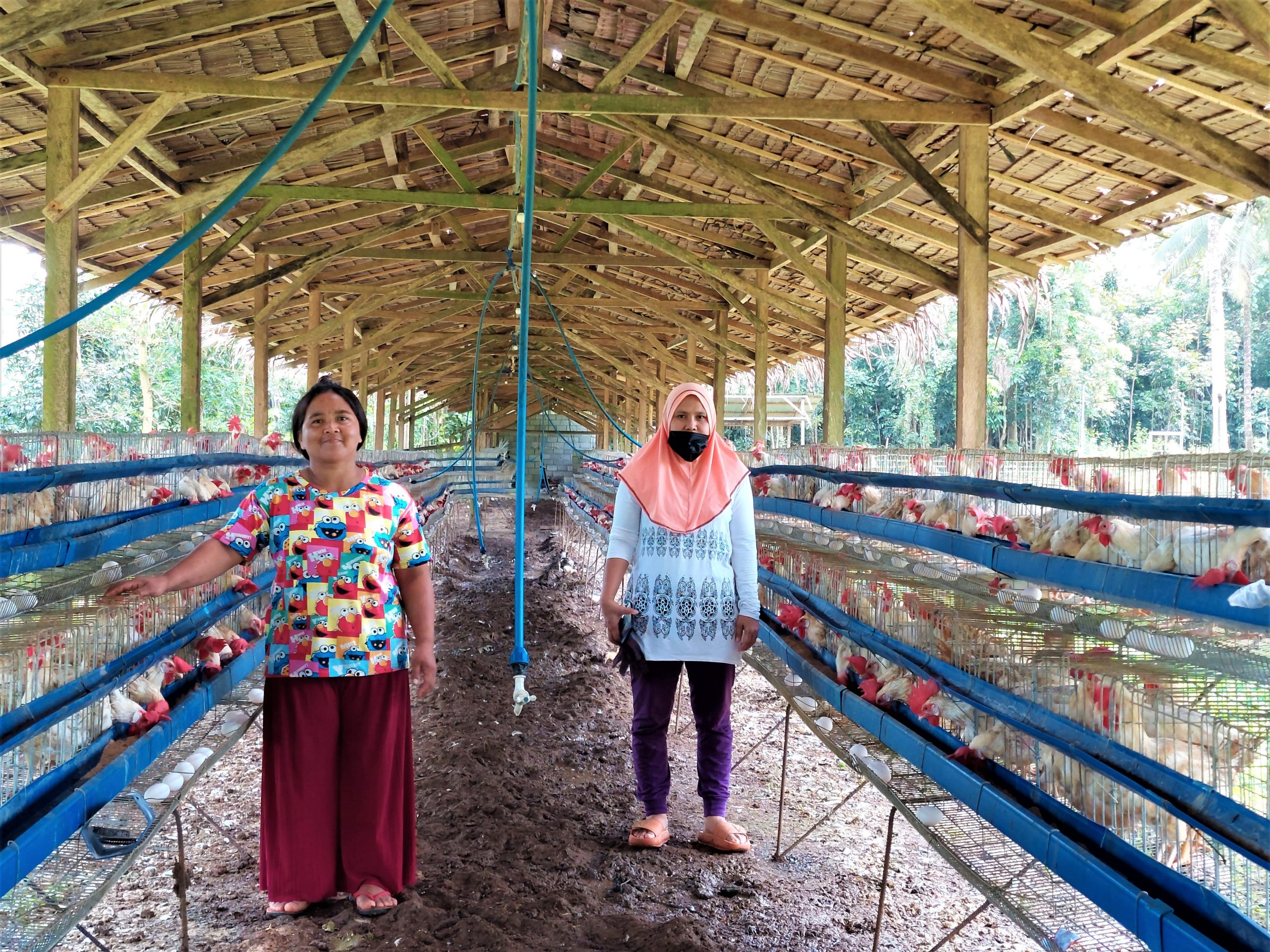
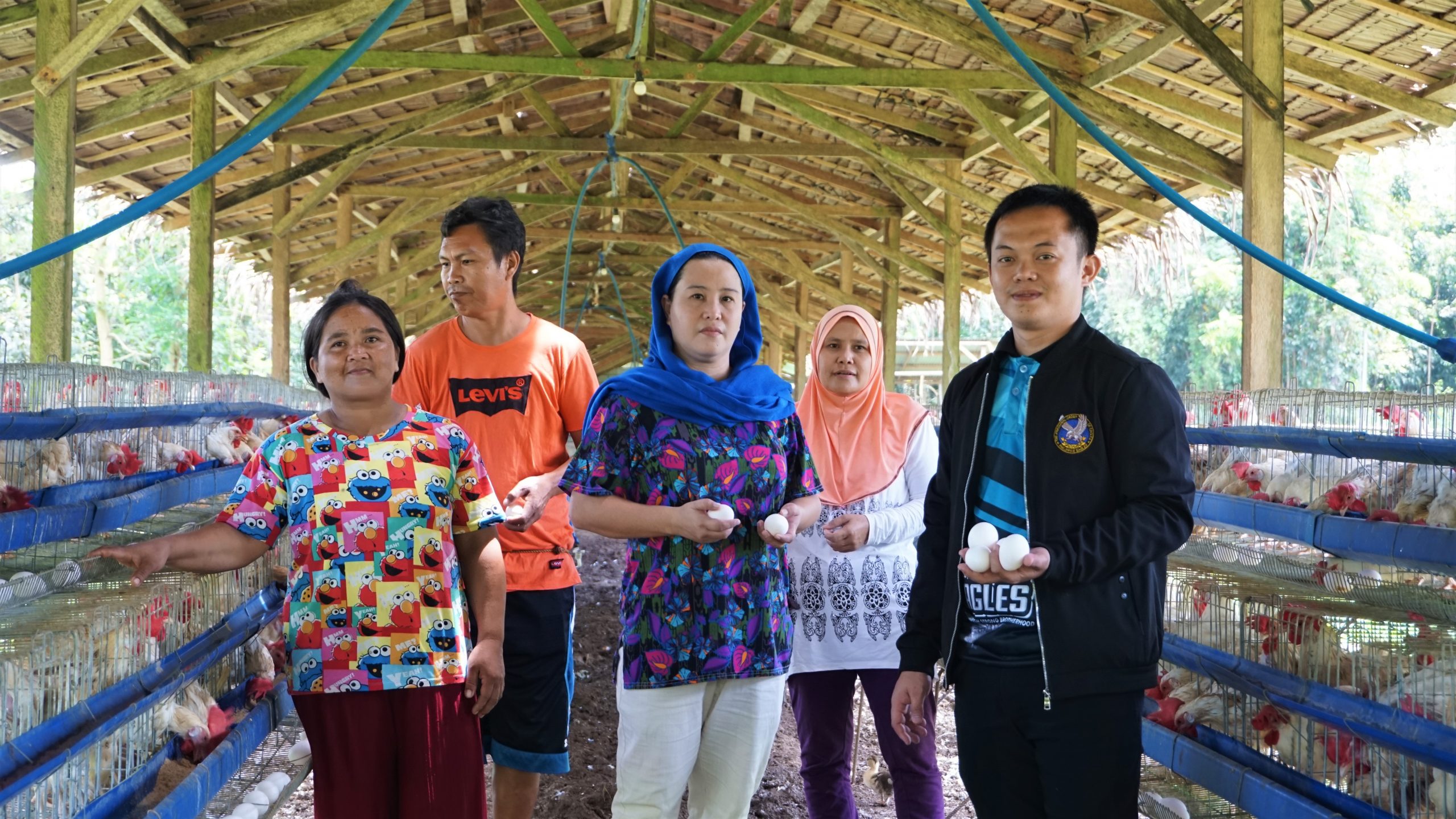
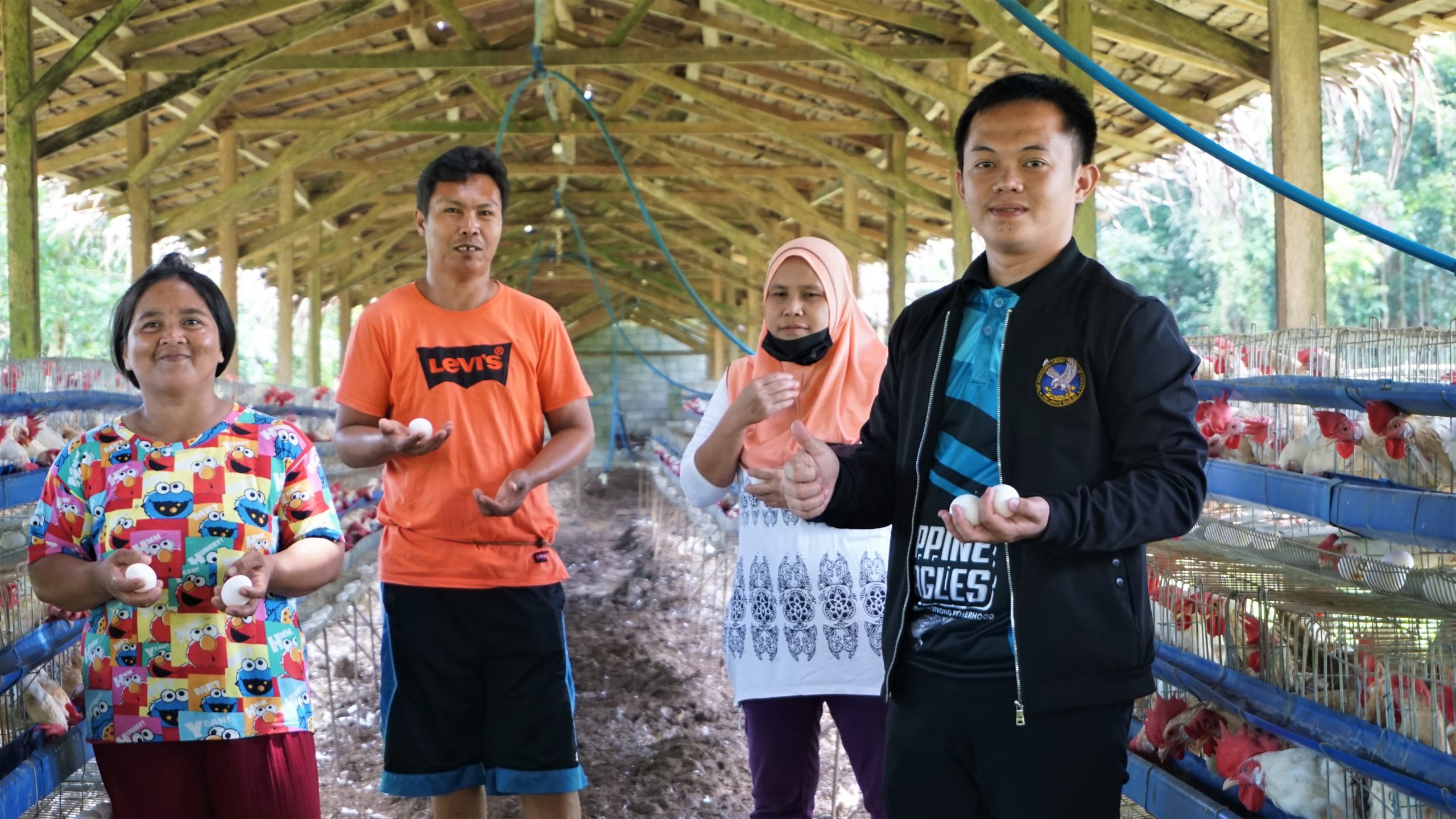
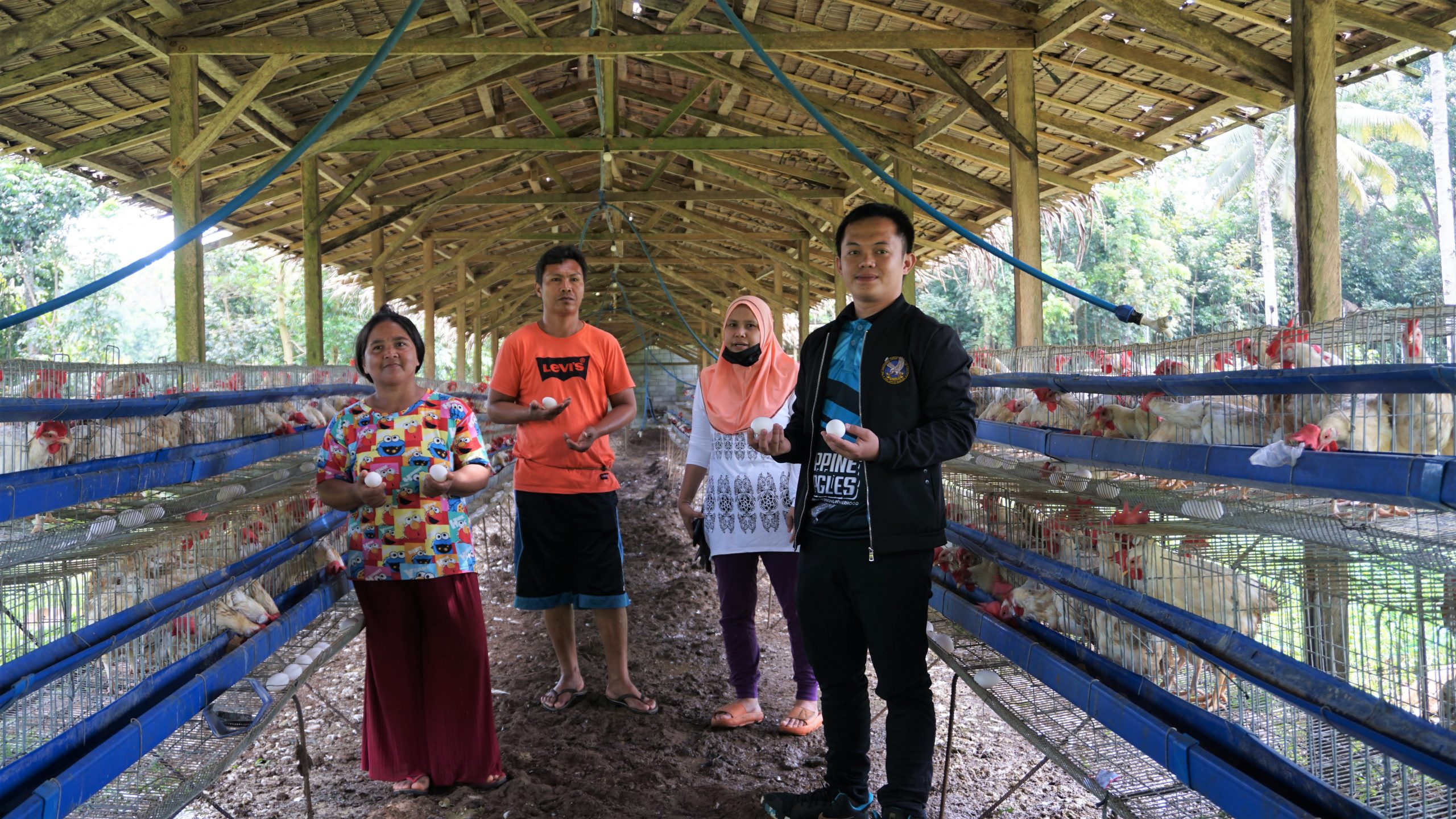
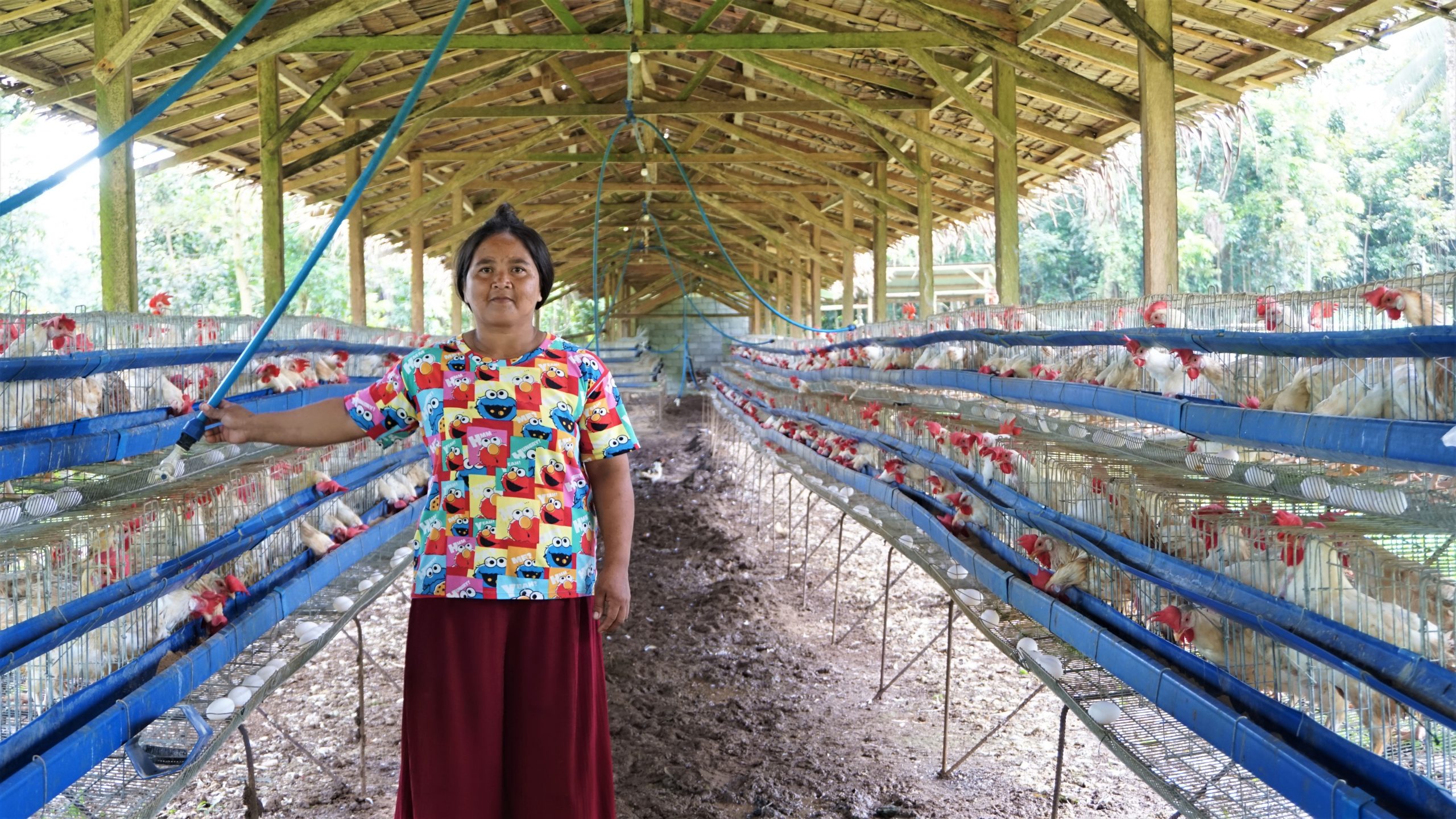
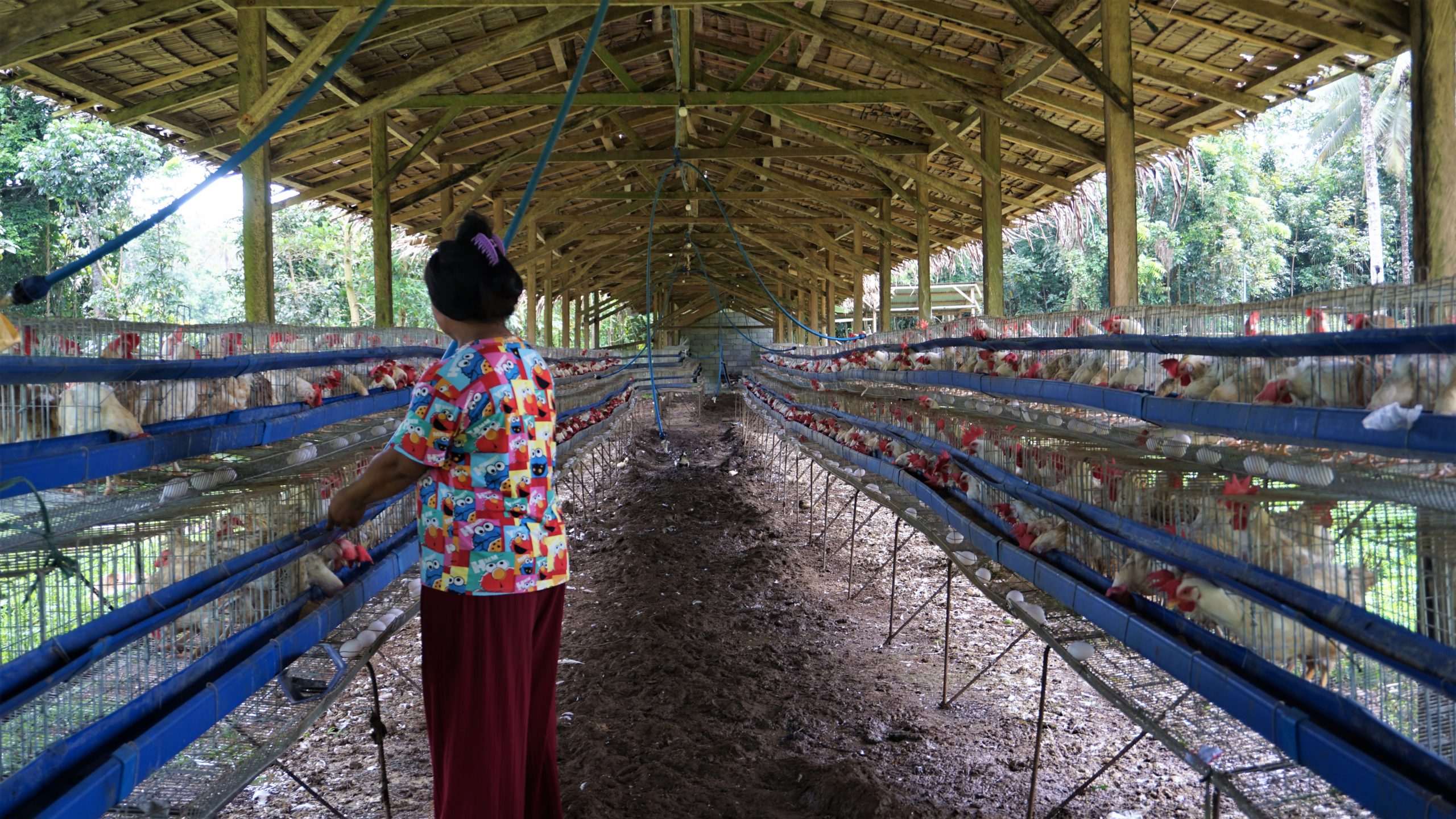
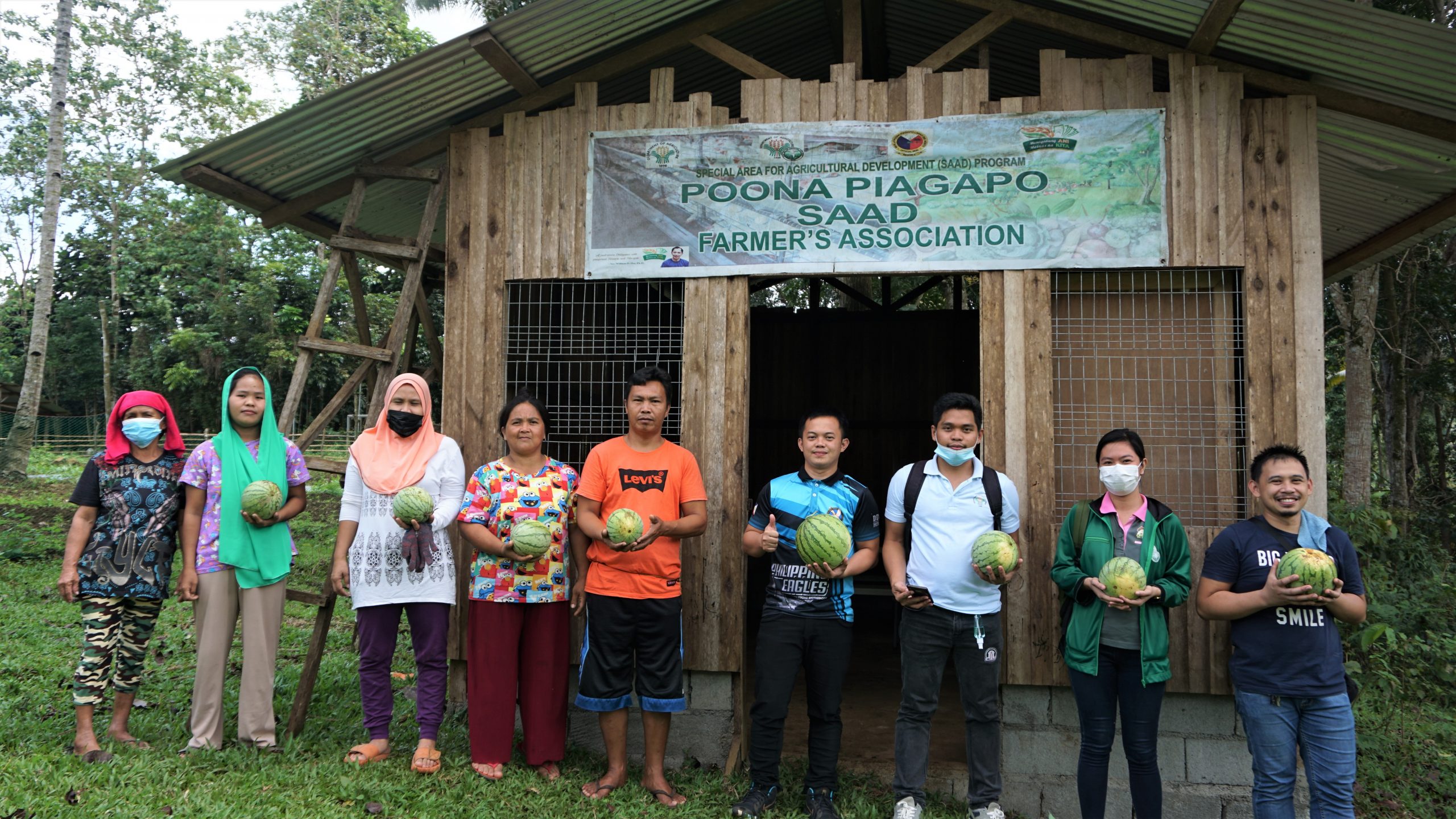
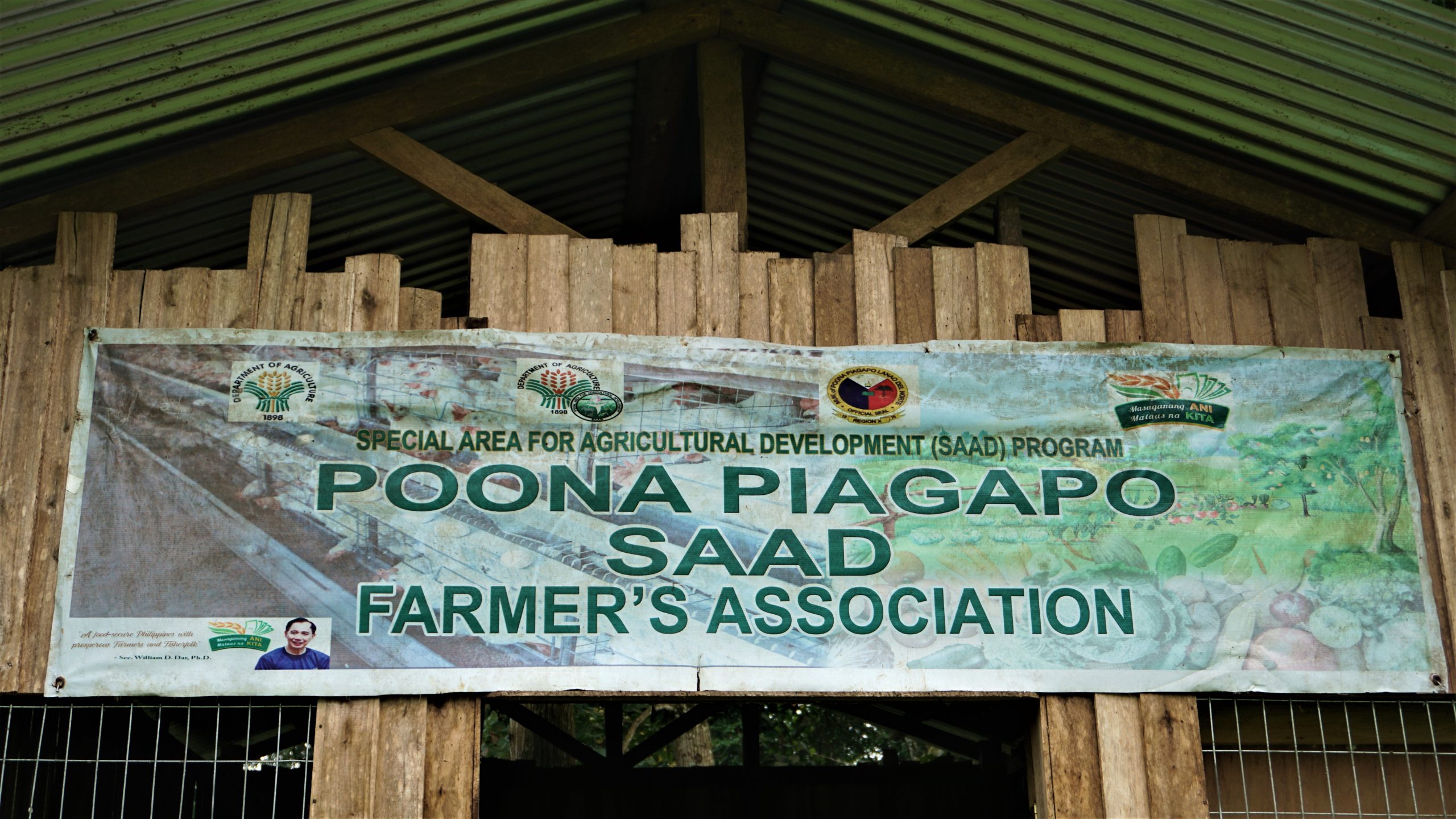
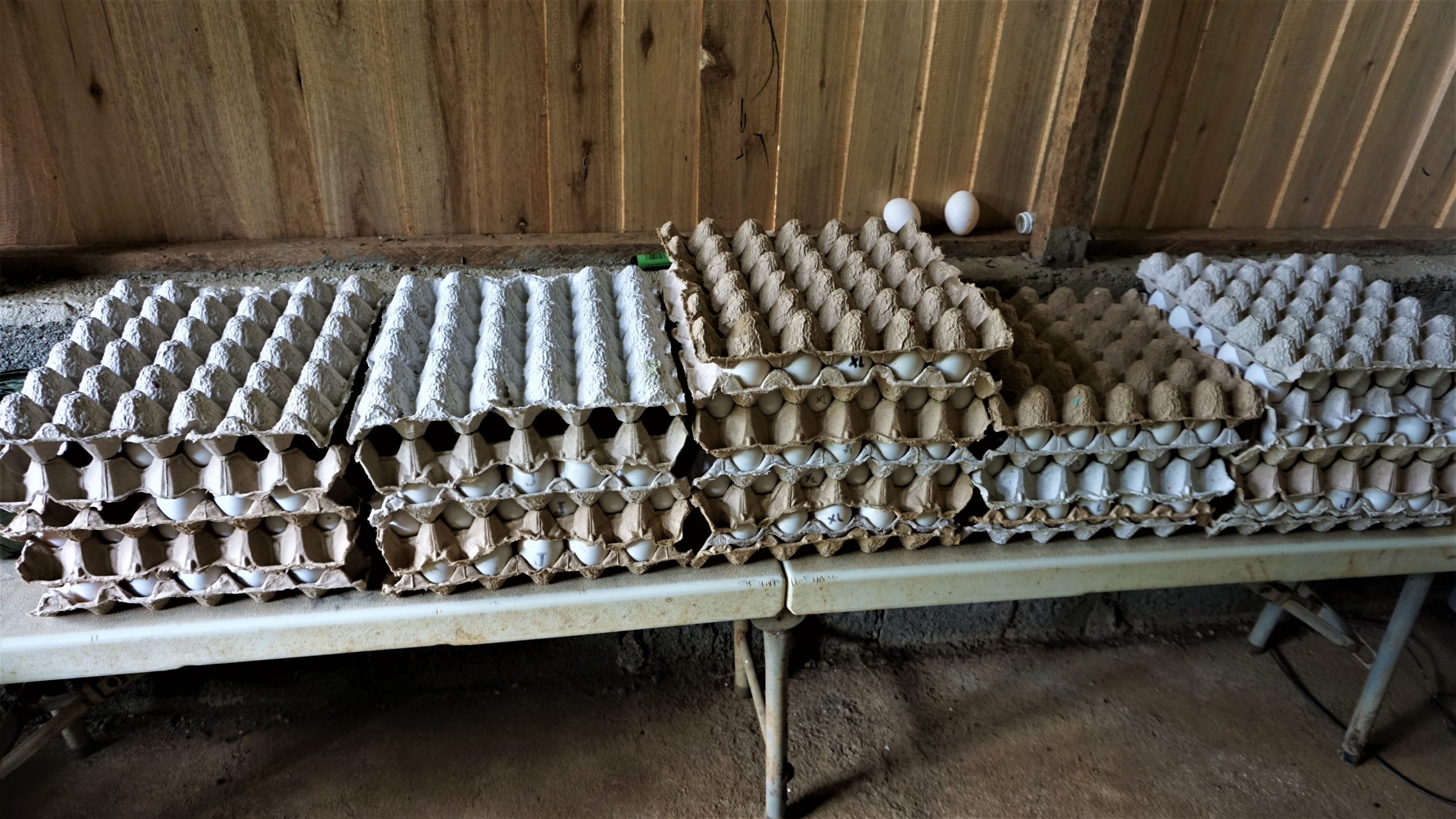
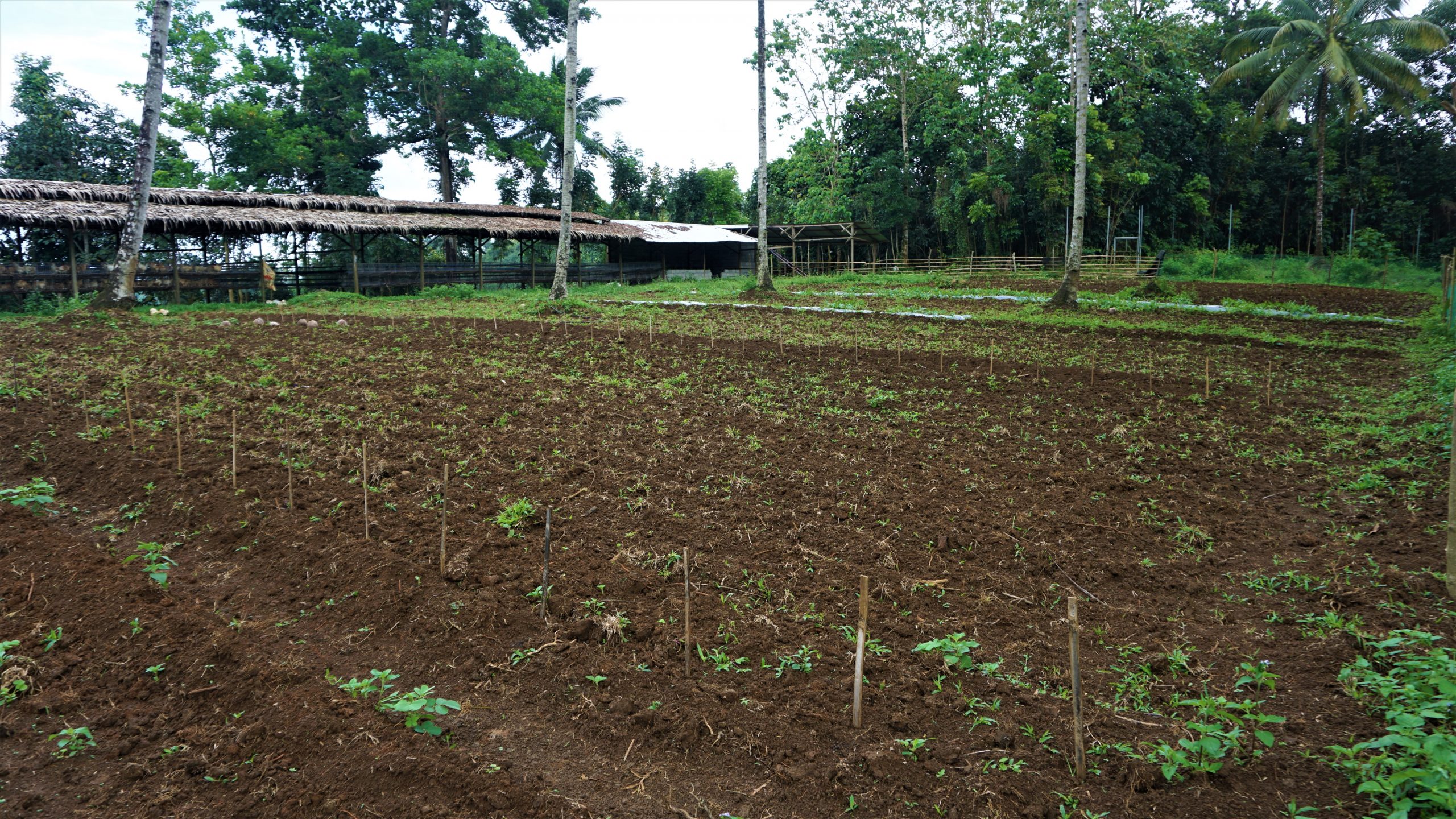
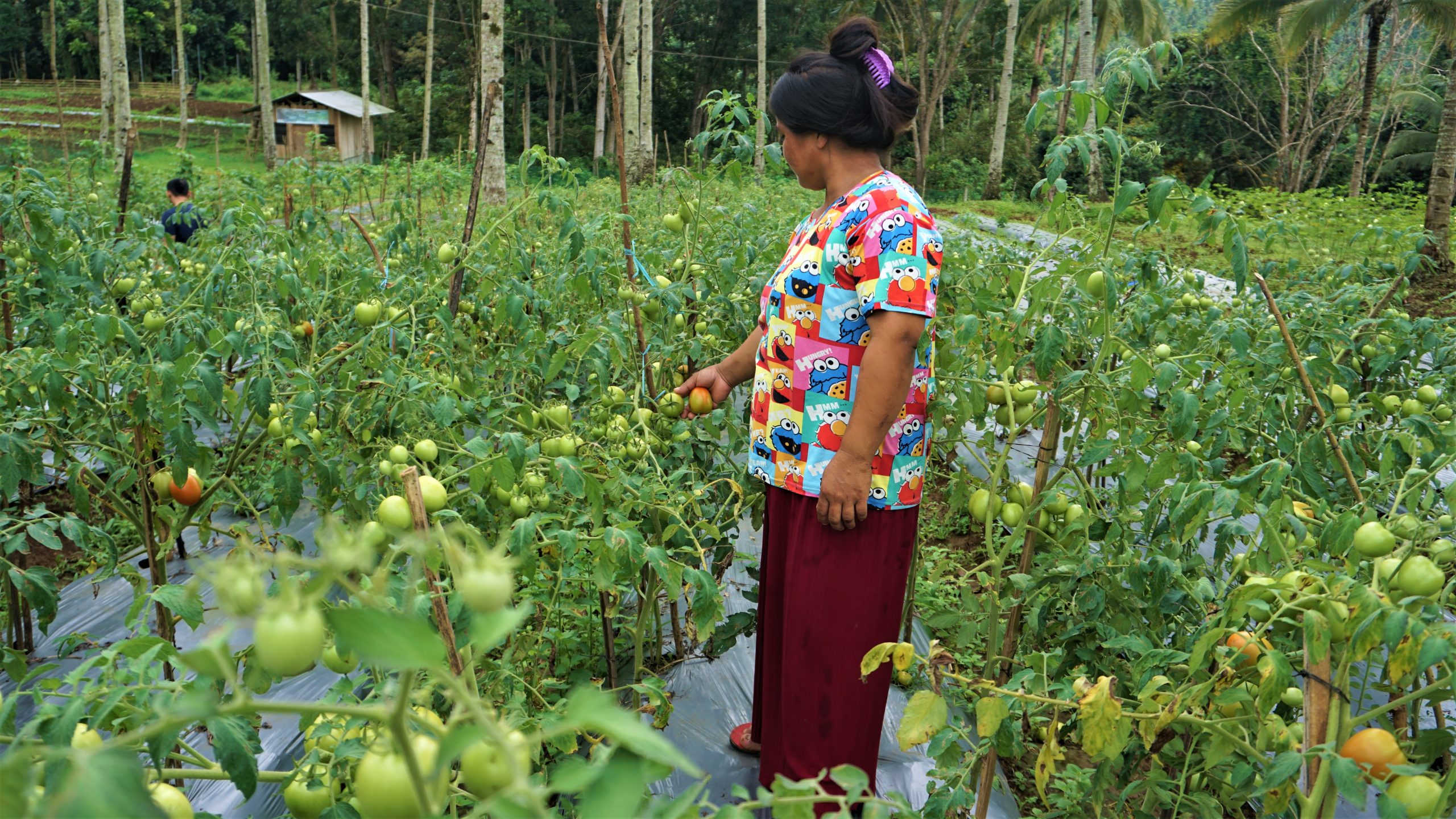
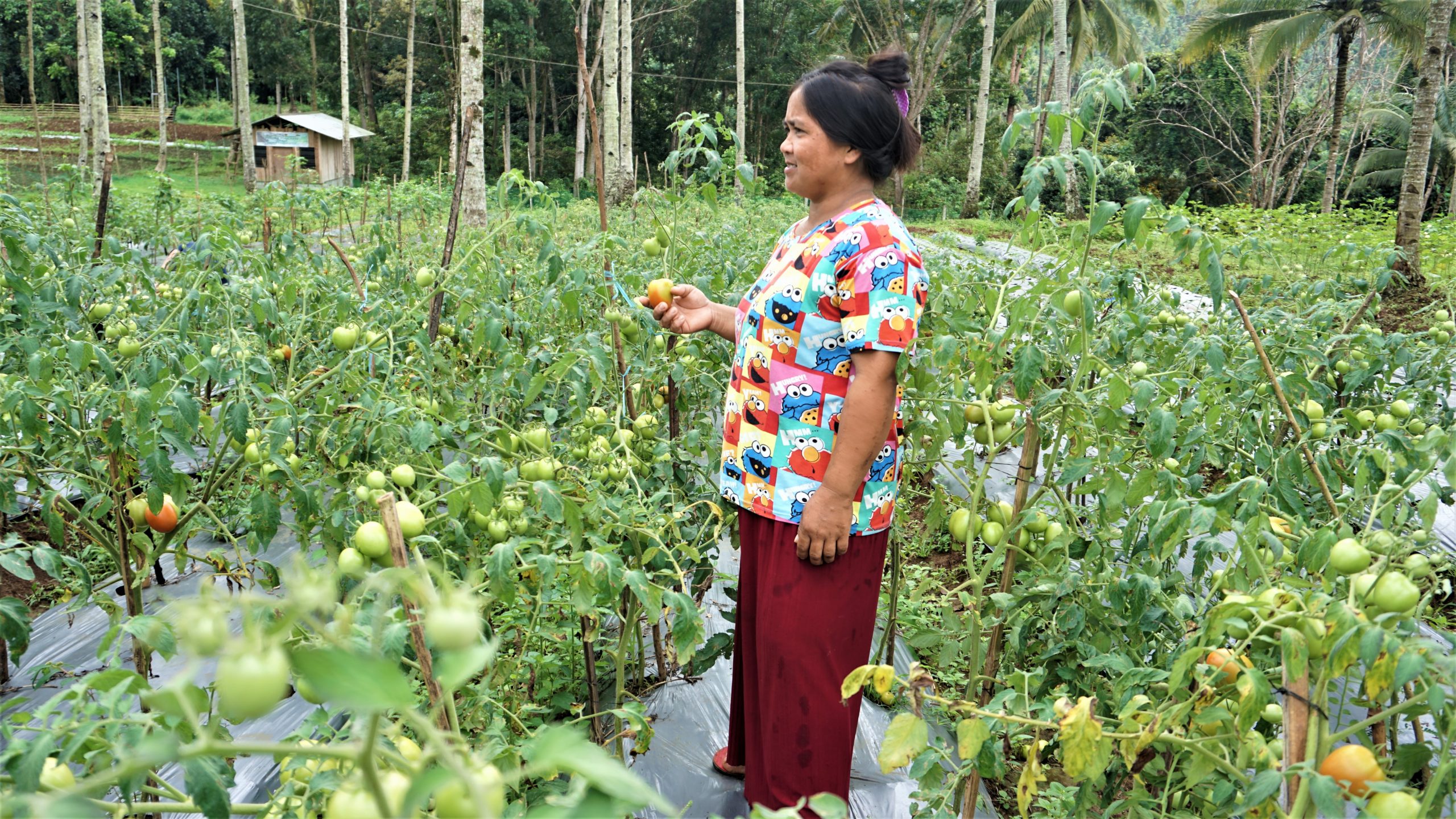
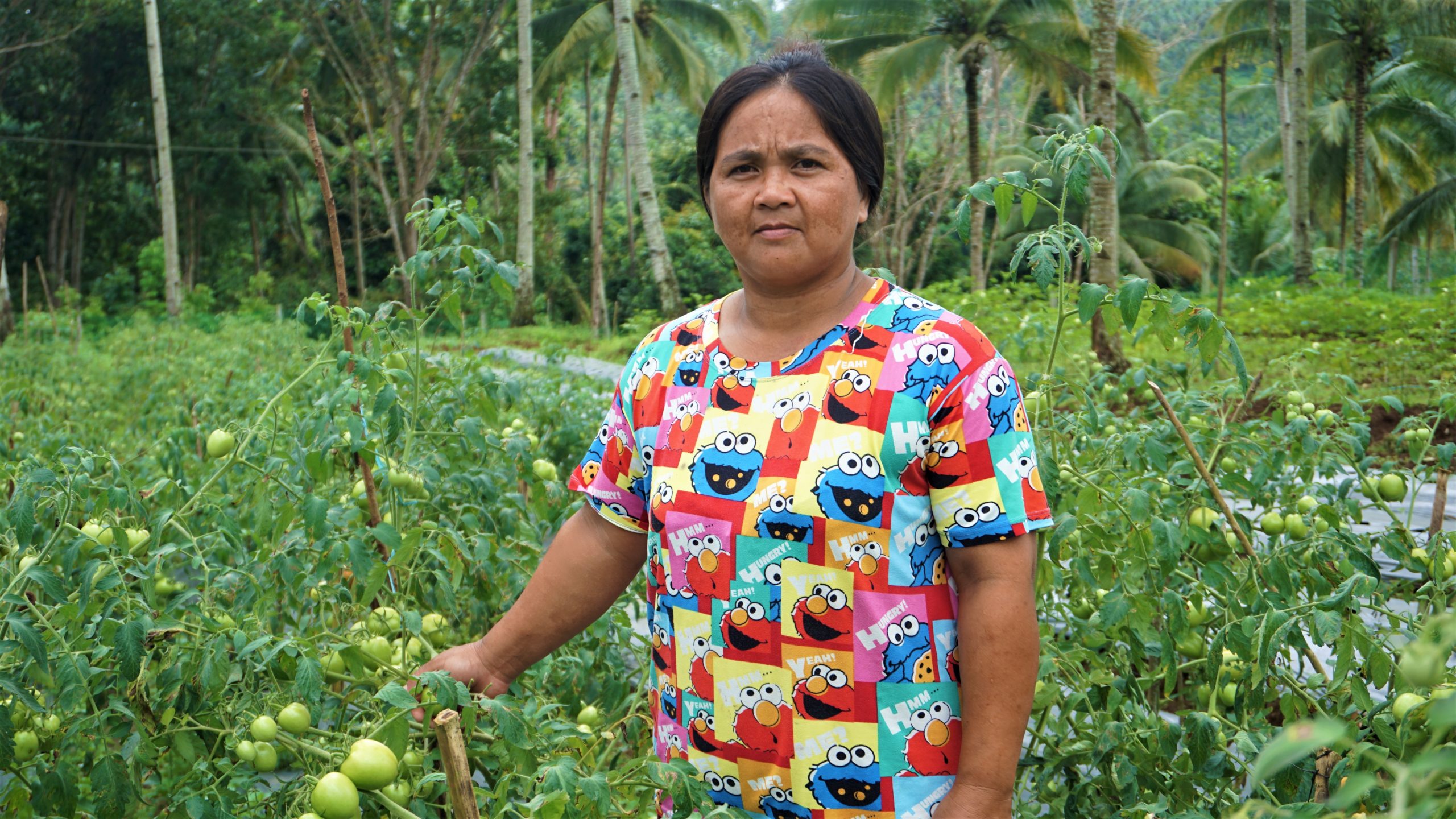
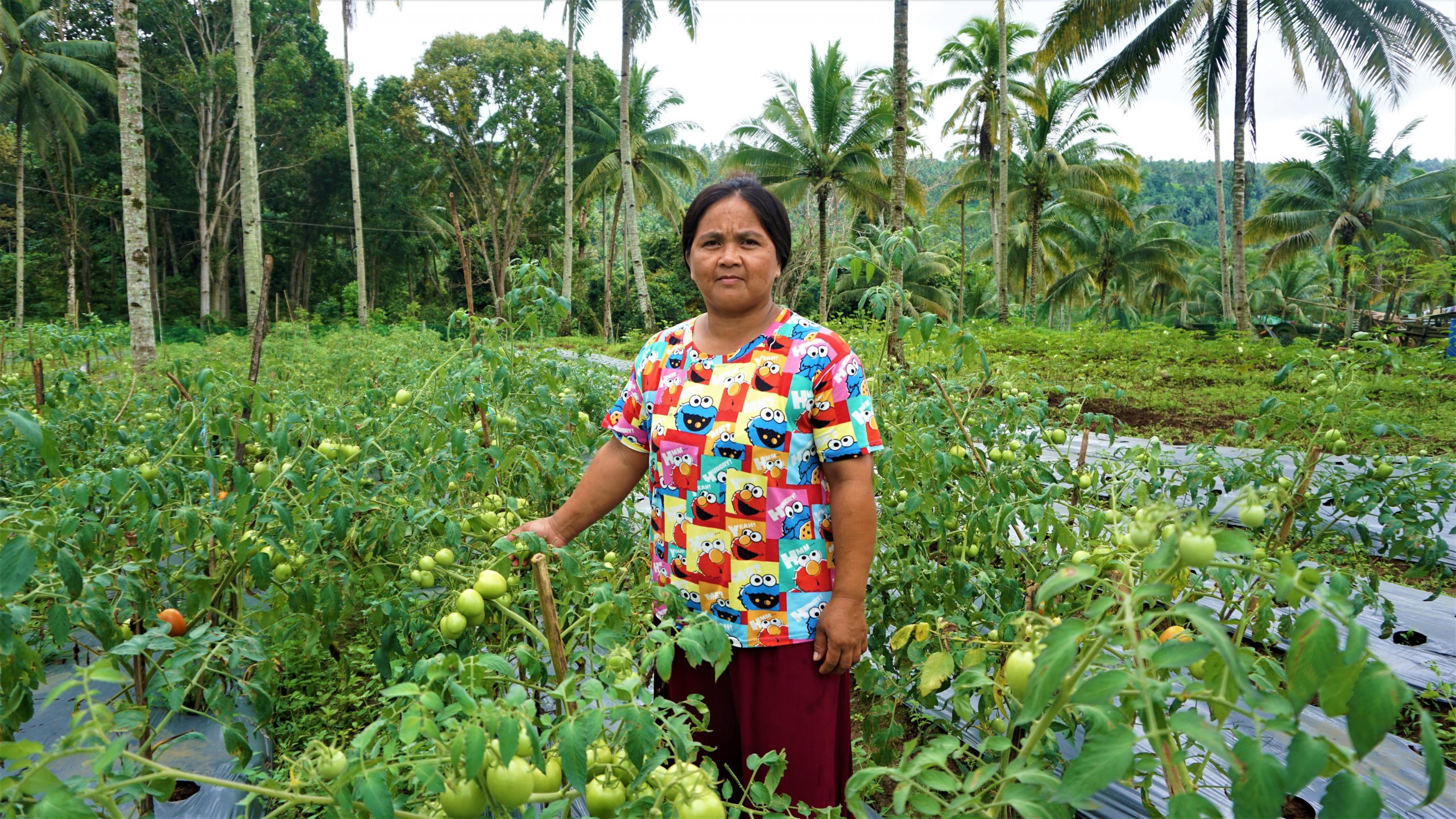
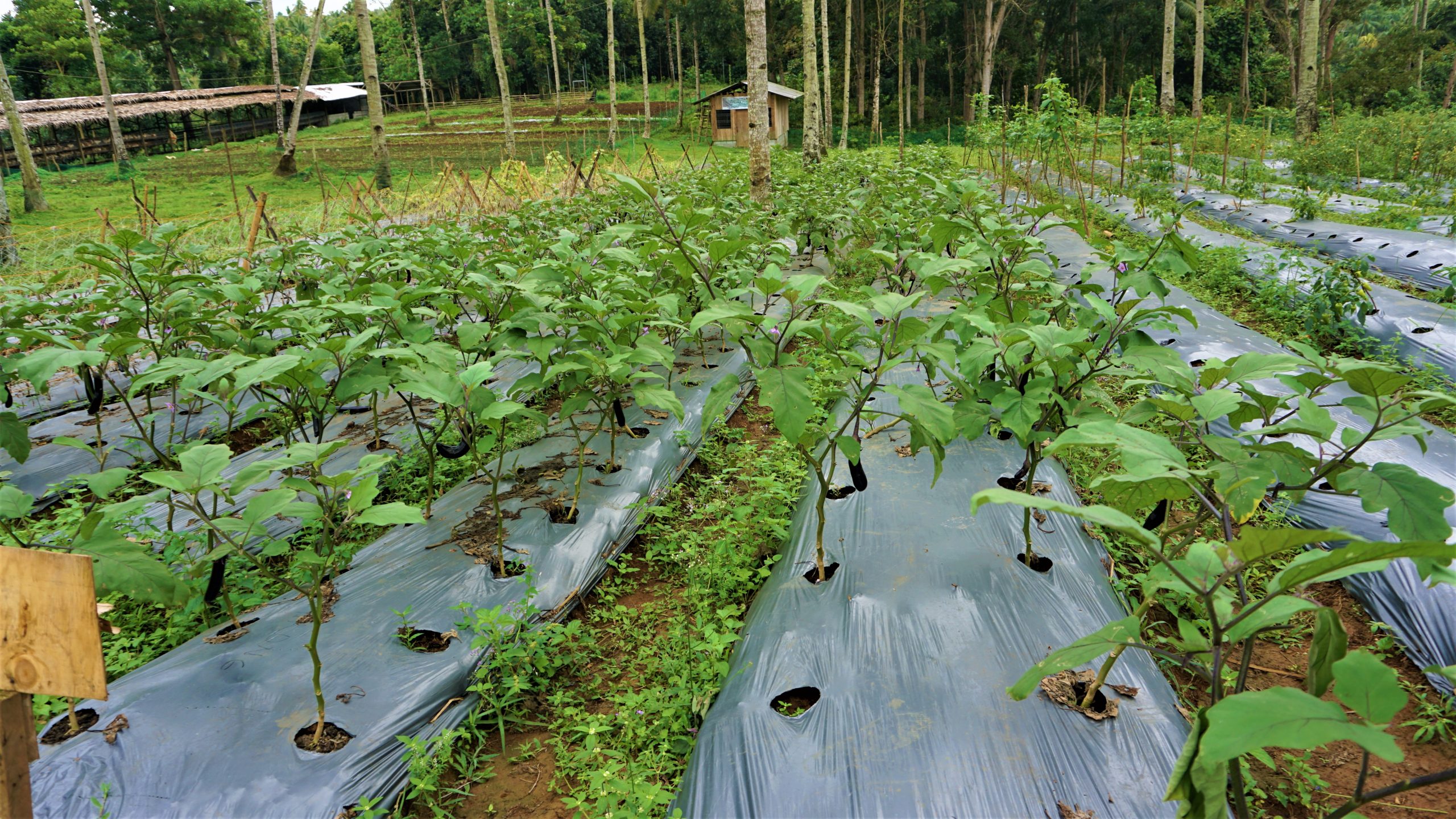
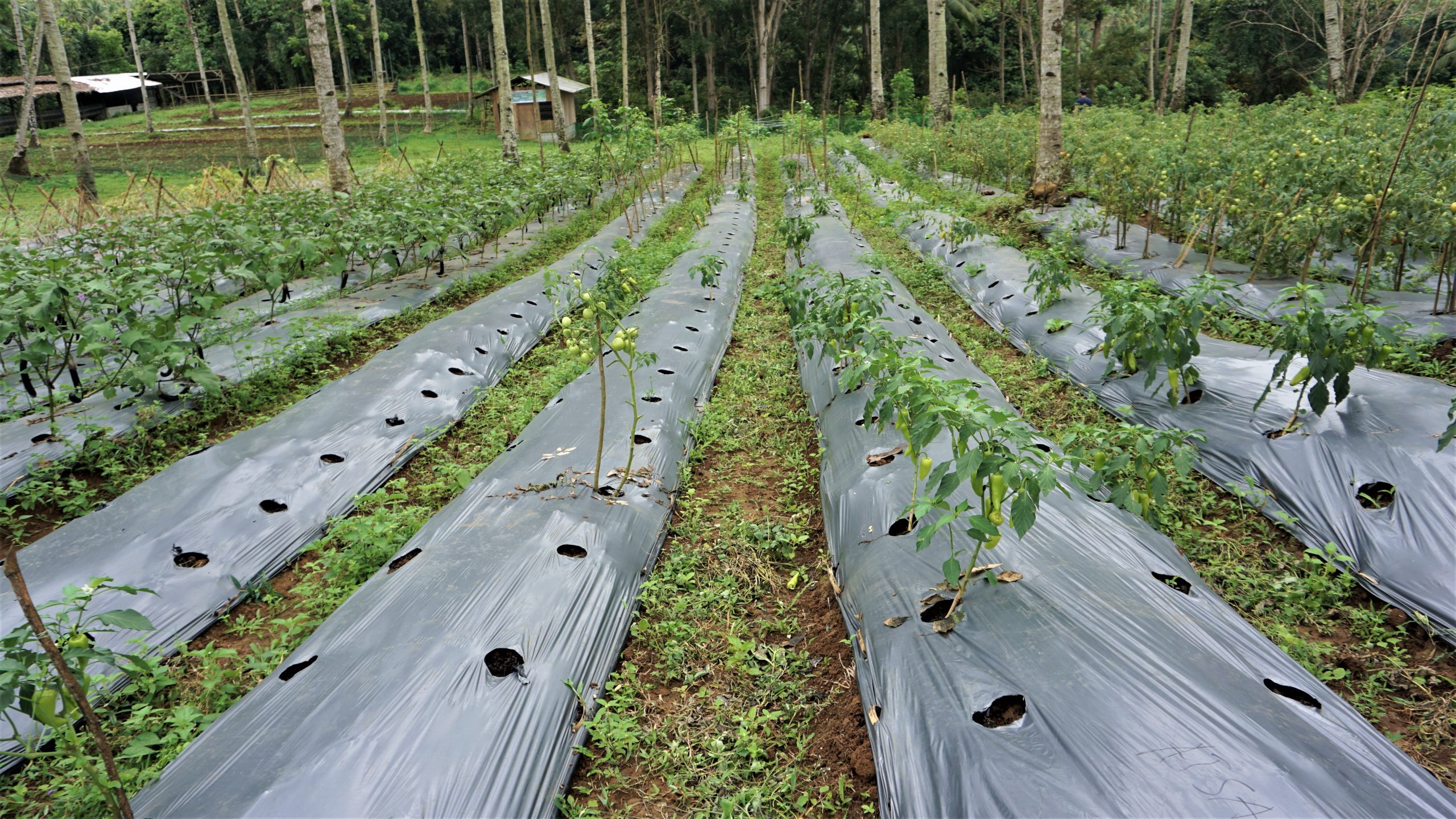
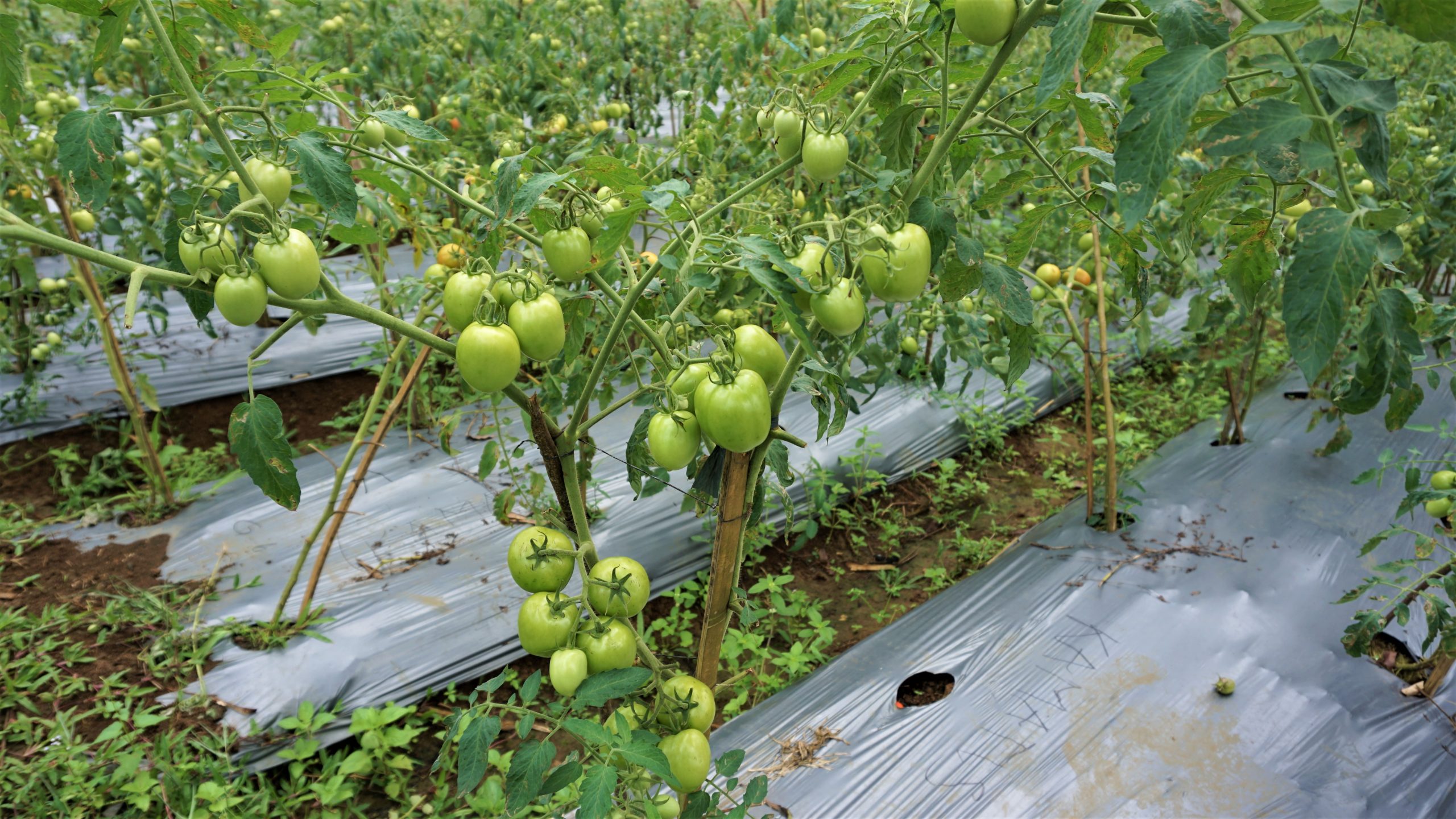
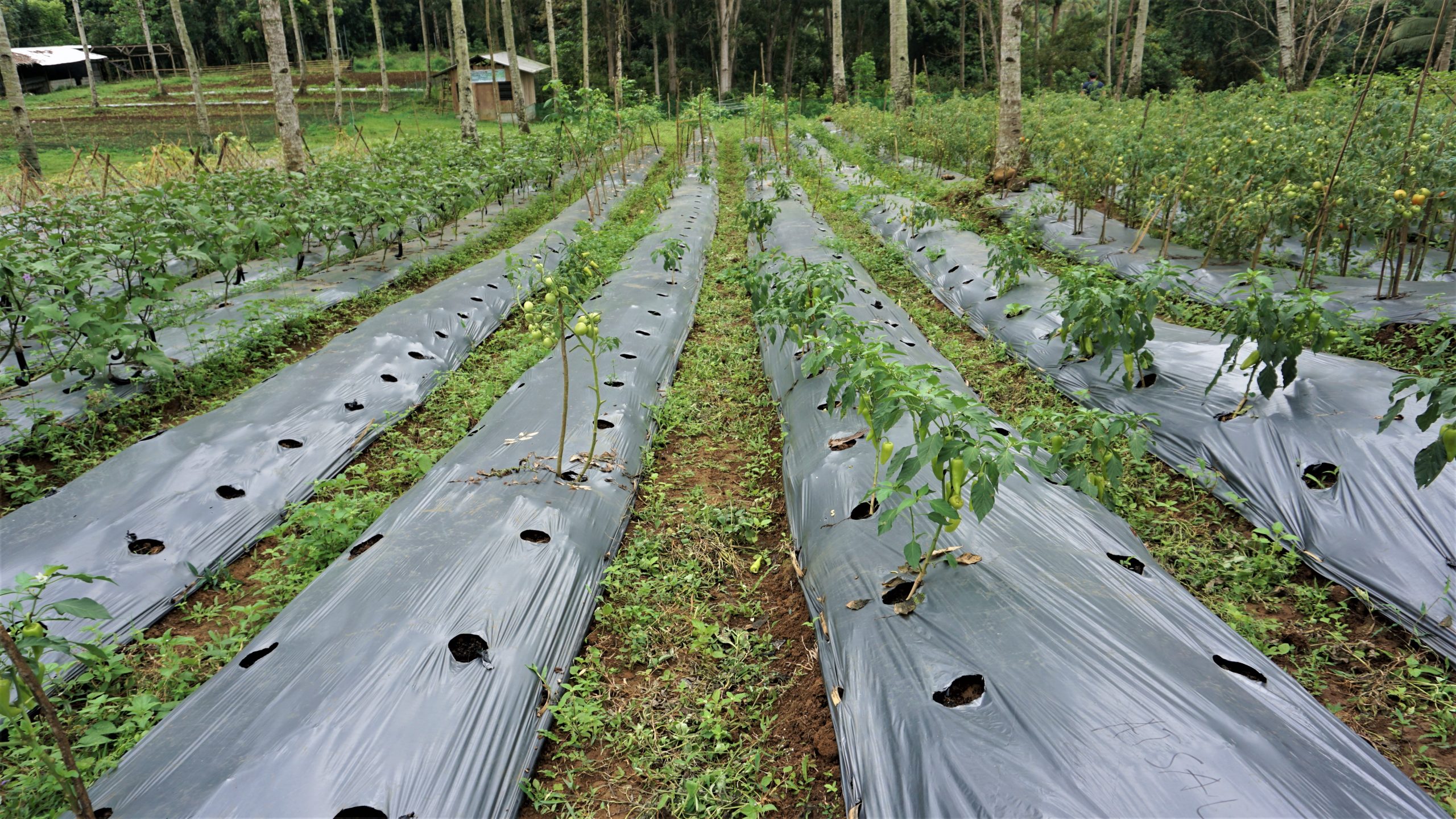
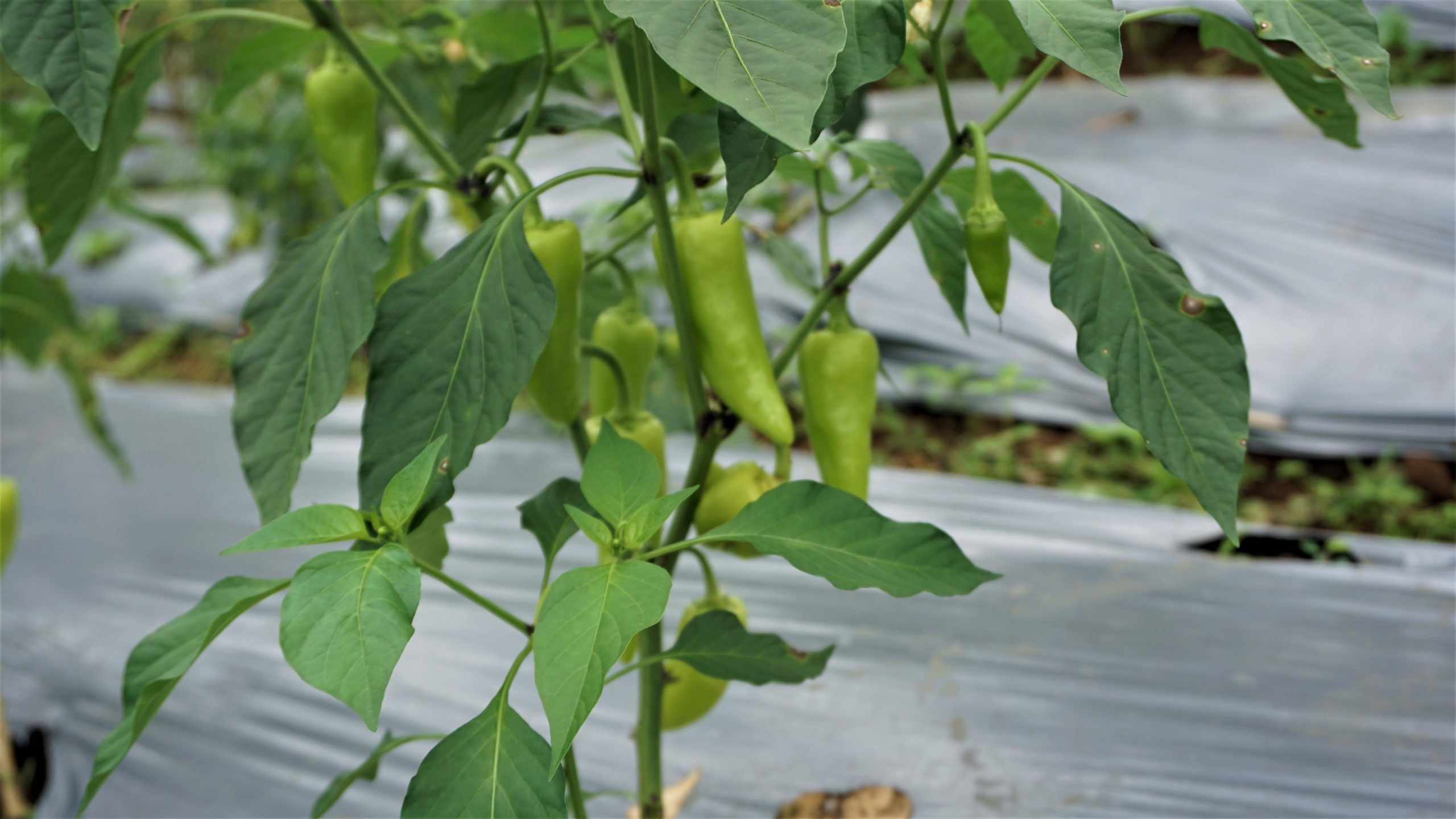
Comments (0)